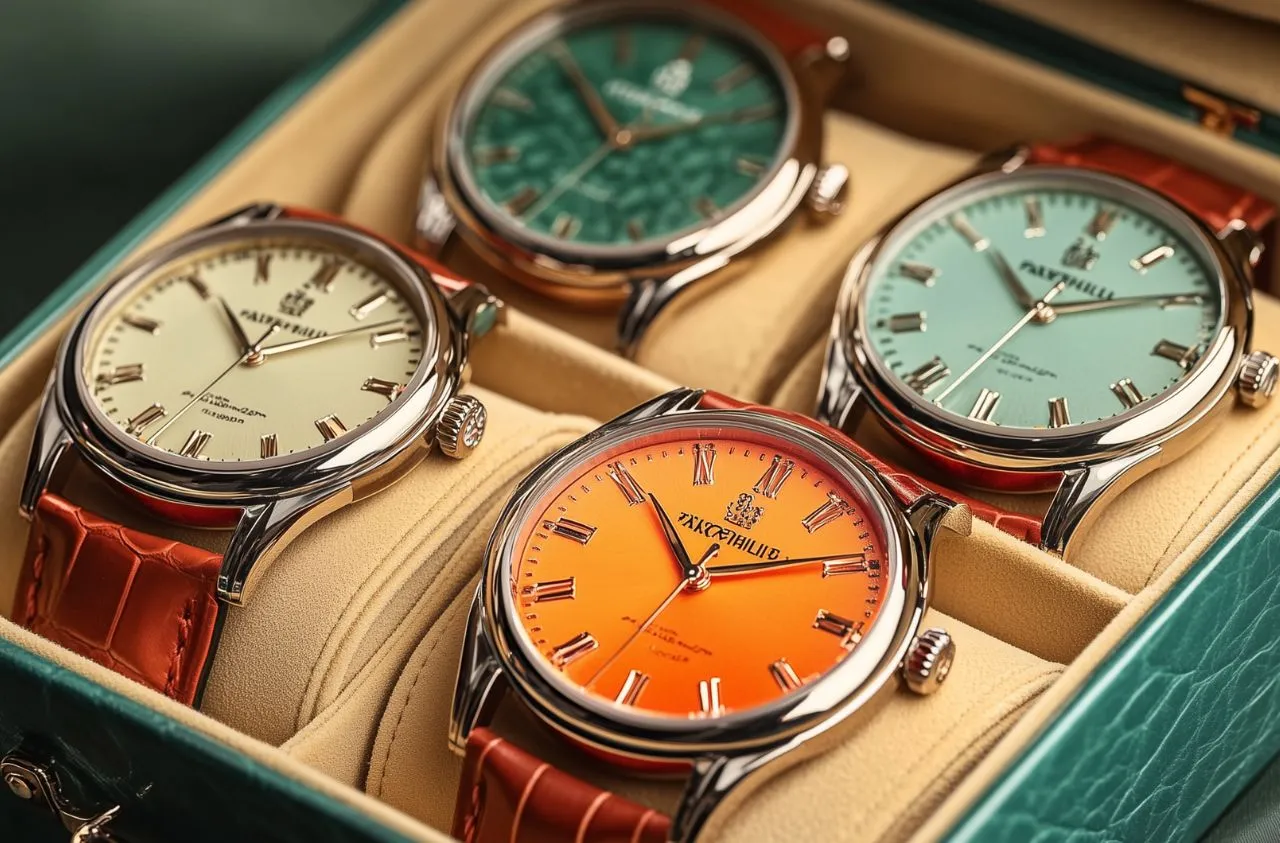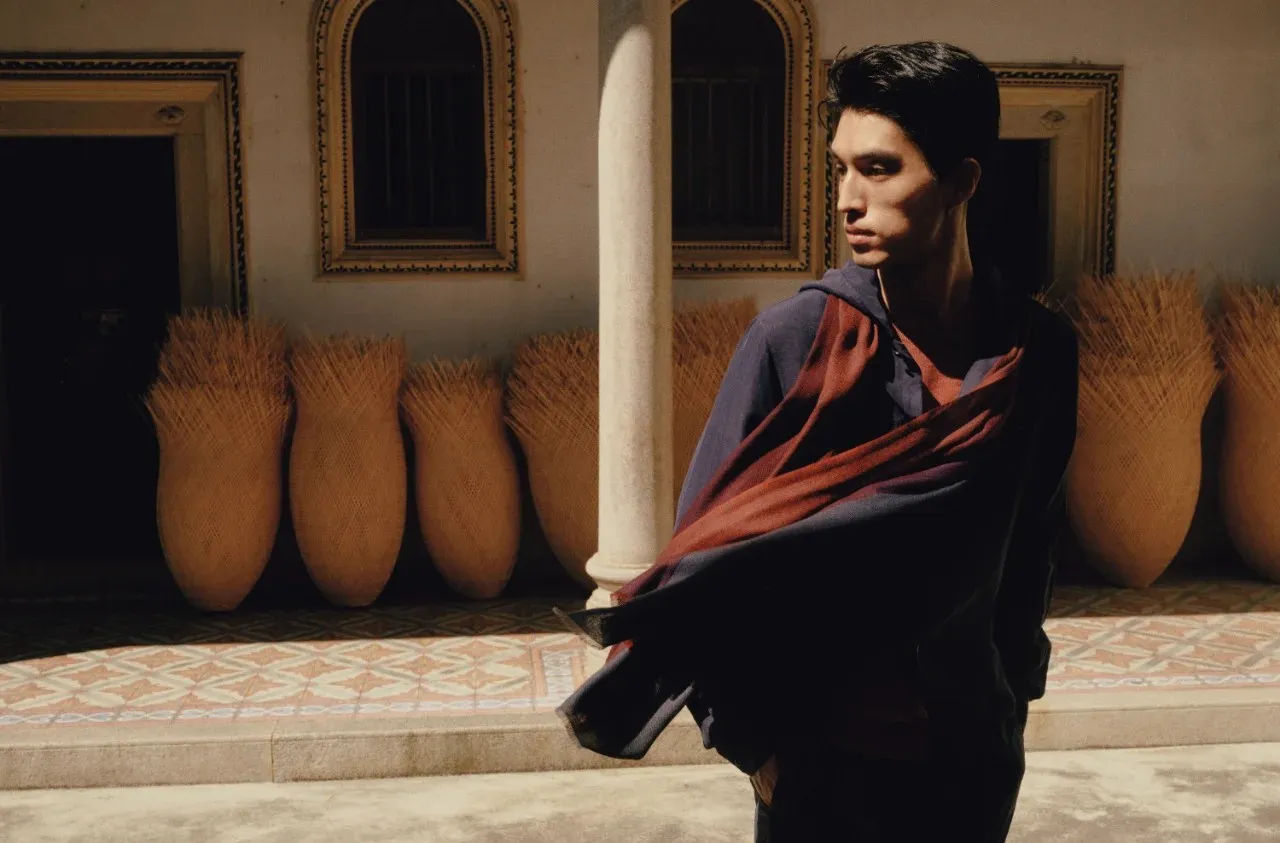How Luxury Brands Responded to the Russian Ukraine War
On February 24, 2022, Russia declared war on Ukraine, instigating a humanitarian crisis and forced world leaders to make instant decisions. Countries had to decide how to respond, both in the long and short term, and NATO and western allies had to agree on how they could support Ukraine from afar. Whilst the devastation continues, companies are constantly evolving their responses. Some brands have suspended their operations in Russia, others have scaled back, and few have ceased trade entirely.
We conducted an internal business intelligence study on luxury brands’ responses to the Russia-Ukraine war and a timeline of events. We discovered that almost all luxury and premium groups suspended their operations in Russia – but with different motivational reasons. Some reacted very quickly by demonstrating a moral responsibility, whilst others were forced to halt operations due to mounting sanctions and pressure. Very few “clean” exits were announced, with most brands deciding to wait for the situation to stabilize to resume operations.
Brands react to the outbreak of war
Five days after the outbreak of war, luxury brands began taking action. As of March 1st, Pandora suspended all business with Russia and Belarus and made a one million dollar donation to UNICEF. Apple followed suit by donating to certain humanitarian relief funds, stopped sales in Russia, and removed several state-sponsored news apps from the App Store. BMW, Ford, Jaguar, and Land Rover decided to pause or suspend production, sales, or exports to Russia.
Over the next eight days, more brands developed their responses and decided on their actions. Many luxury car brands opted to stop production or export to Russia and contributed to charity. Ferrari donated 10 million euros in total: €7.5 million towards the UN Refugee Aid and €2.5 million to the Ferry Porsche Foundation to help children and young adults. Some luxury fashion brands chose to temporarily shut stores in Russia, but the majority opted to donate to charity and continue as usual. However, Chanel took a stronger stance by ceasing exports to Russia, closing its boutiques, suspending its e-commerce, and refused to serve Russian customers outside the country’s borders.
As time progressed, brands altered their responses. Pandora, Coty, Rolex and Salvatore Ferragamo initiated a clean break from Russia and withdrew business entirely. This trend mostly occurred with brands that do not occupy a sizable market in Russia and have less than 1% of sales, making their exits relatively easy with no hard assets or owned real estate to revoke.
The majority of brands, including Apple, Burberry, Audi, Prada, and Bentley, suspended business, but kept their options open for a return to Russia – presumably when an armistice is reached. Valentino and EssilorLuxottica have scaled back or reduced current operations, and many hospitality companies, including Hyatt and the Marriott have opted to “buy time” by holding off on new investments or developments.
Most hotel chains have stopped new projects, such as opening new venues, but are still operating with reduced occupancy. Accor, however, announced that they do not plan on pulling out of Russia, even though their occupancy rates are hovering around 35-40%, stating that they intend on providing hotel services to Russia’s remaining visitors – many of whom are loyal Accord customers.
Giorgio Armani held the Milan Fashion Week Show in silence as a “sign of respect” for Ukraine but is still operating in Russia and has expressed no reduction in activities or exiting the Russian market.
Moral or political responses?
Irrespective of the brand’s moral stance, conducting business within Russia is decided predominantly by sanction policies. Western sanctions against Russia have impacted international shipments, payment systems, and travel, leaving many brands unable to process payments or fulfill orders. On March 11th, the USA initiated sanctions on luxury goods exports to Russia and Belarus – a key ally to the Kremlin, and the EU banned the export of any EU luxury goods from EU countries to Russia as a direct blow to the Russian elite. The UK denied exports of luxury goods to Russia and applied further import tariffs that represented a 35% increase on current rates on March 15th. Three days later, Switzerland ordered a prohibition on the sale, supply, export, transport, and transit of luxury goods on March 18th, and Japan banned luxury goods exports to Russia from April 5th.
The financial implications
However, there is limited impact on the financial performance of brands that have ceased operations in Russia. In reality, the Russian luxury market is estimated to account for only 3 to 5% of global luxury sales – despite the repatriation of previous Russian spending conducted abroad over the pandemic. Although specific figures remain undisclosed, brands including Apple, Kering, and Hermes produce less than 1% of sales in Russia. Naturally, there is a human and social cost for ceasing or suspending operations with sizable impacts on the lives and well-being of the brand’s employees within Russia. For example, LVMH has 124 directly operated stores and employs over 3,500 employees while Kering has only two directly-operated stores with 180 employees.
The court of public opinion
In fear of the ruble crashing, watch and jewelry brands, such as Bulgari, Cartier, Rolex, and Swatch Group’s Omega, have witnessed a temporary uptick in sales at the start of the war as Russians bid to preserve wealth. On the global stage, brands learned that they must act with caution when dealing with crises, as the court of public opinion significantly impacts a brand’s reputation. Whilst social media announcements sparked an uptick in customer engagement, the choice of words, reaction timing, and positioning determined how the brand would be perceived. Our analysis found that brands that did not handle the language or terminology correctly succumbed to a backfire of effort
Most luxury customers were positive about brands’ support to Ukrainians and generally welcomed the decisions to donate to Ukraine or stop operations. However, incorrect terminology, such as using “conflict” instead of “war,” incited a flurry of negative comments. Some brands, such as Chanel, alienated their Russian customers due to their strong positioning, bans and restrictions. In response, Russian influencers protested sales by destroying their Chanel handbags in Instagram videos with the hashtag #byebyeCHANEL.
And finally, staying “neutral” is not an option, either. Younger customers are more engaged and use social media effectively to frame negative campaigns. Brands that fail to respond quickly to major events or crises face an increased risk of reputational damage from activists. For example, #BoycottUniqlo trended as the brand initially stated that clothing is a “necessity of life” for Russians – but has since reversed course. Our research revealed that brands have an expectation to use their platform for important causes. Customers respect brands that act for the greater good, but we reiterate: brands must act with caution when deciding n their tone, messaging, and language.
Below is a timeline of brand responses.



